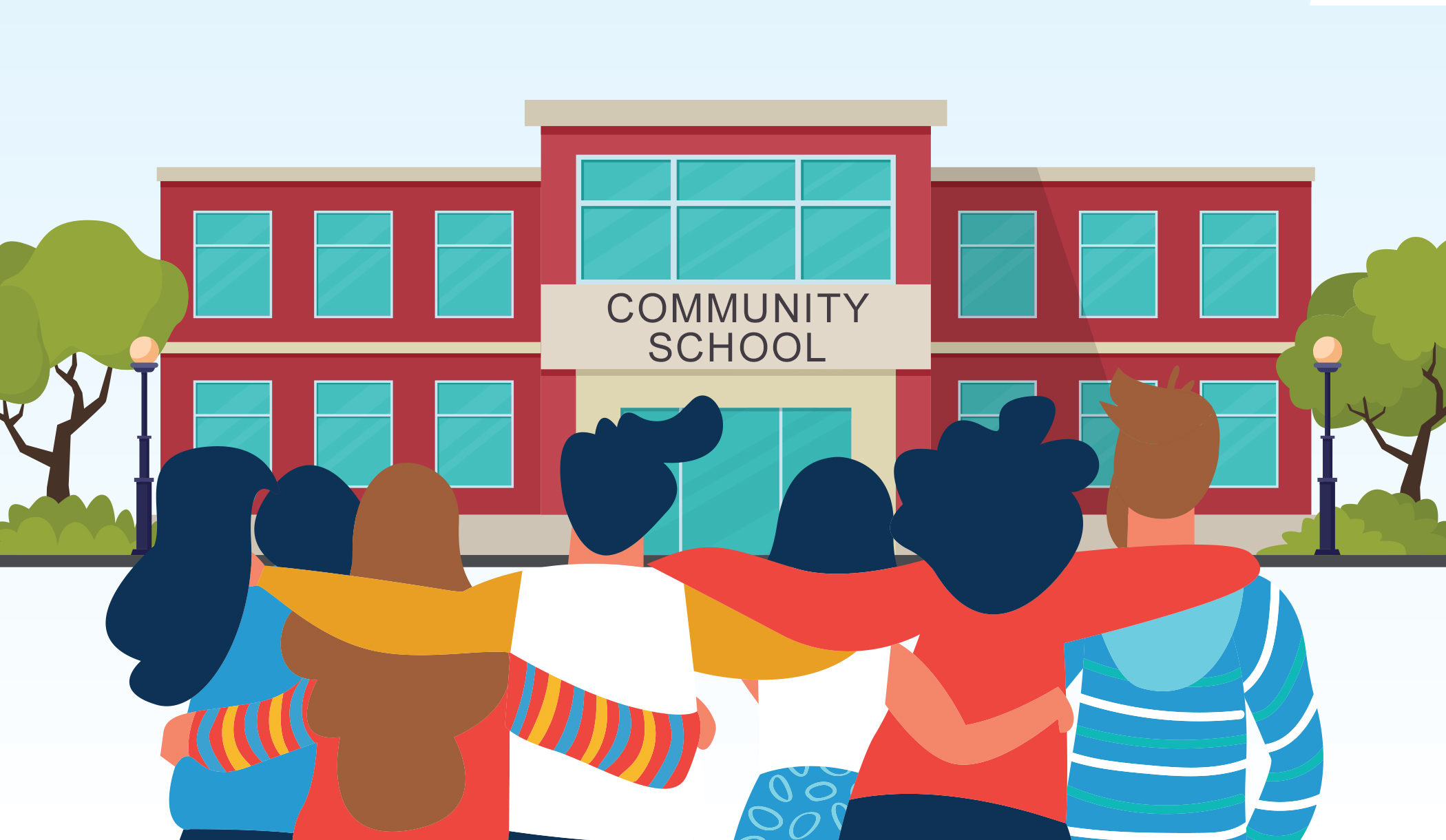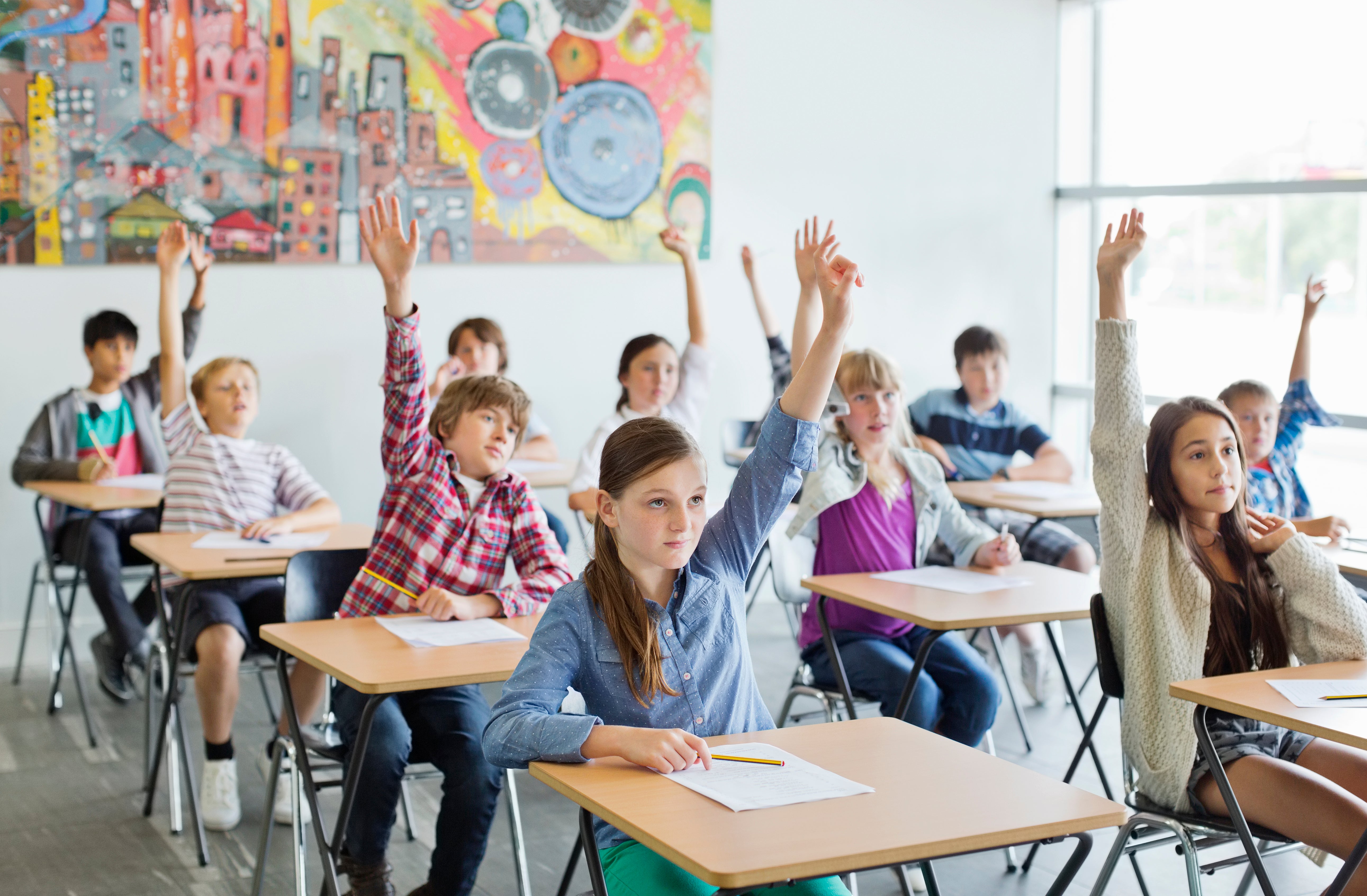How Schools Play a Crucial Role in Shaping Future Leaders and Trendsetters
By integrating project-based knowing and interdisciplinary research studies, instructional organizations challenge students to examine and synthesize intricate details. Teachers serve as coaches, directing pupils and nurturing their capacity, while extracurricular tasks further establish management skills and strength.
Promoting Essential Believing
In today's swiftly evolving world, cultivating essential assuming within universities has actually become extremely important. As culture comes to grips with progressively complex global challenges, the capacity to examine, evaluate, and synthesize information is necessary. Institutions play a critical role in establishing these abilities, preparing students to browse and attend to complex problems with informed, reasoned choices.
To grow vital reasoning, educators use different instructional methods that urge energetic understanding and intellectual interaction. Class discussions, problem-based understanding, and Socratic questioning are critical in promoting reflective and logical idea processes. By challenging students to question presumptions and think about several perspectives, these approaches guarantee a deeper understanding of subject beyond memorizing memorization.
Furthermore, incorporating important believing across the curriculum reinforces its importance and applicability in diverse contexts. Topics such as maths, science, background, and literature each deal special opportunities to establish trainees' critical faculties. Examining historic occasions requires evaluating resources and recognizing context, while scientific query needs strenuous hypothesis screening and evidence-based thinking.
Inevitably, instilling critical thinking abilities in pupils equips them with the cognitive devices required for long-lasting discovering and versatility. It is via this fundamental competence that future leaders will have the ability to innovate, fix troubles, and contribute meaningfully to culture.
Motivating Creative Thinking
Embracing creative thinking within educational frameworks galvanizes students to assume beyond standard limits and explore ingenious options. By integrating artistic ventures and creativity workouts into the curriculum, schools cultivate a setting where creativity and creative idea are valued. This approach not only enriches the instructional experience but also outfits pupils with the capacity to deal with real-world obstacles in unique means.
School can foster imagination via varied means such as project-based understanding, interdisciplinary studies, and the incorporation of arts and technology. Project-based learning, as an example, encourages pupils to apply their expertise in useful, often collective, projects that demand inventive analytic skills. Interdisciplinary research studies permit students to attract connections in between different subjects, therefore widening their viewpoints and enhancing their imaginative capabilities.
Additionally, giving pupils with opportunities to engage with arising technologies, such as coding and electronic style, even more nurtures their innovative capacity. These activities motivate students to experiment, fall short, and repeat, which are vital components of the innovative procedure (Save Temecula Schools). By keeping a helpful environment where experimentation is motivated, colleges can guarantee that pupils create the confidence to seek cutting-edge ideas
In significance, nurturing creative thinking in academic setups is important for shaping future leaders and innovators qualified of attending to intricate global concerns with resourcefulness.
Encouraging Partnership

Implementing group-based knowing modules and participating jobs enables students to experience the characteristics of team effort firsthand. This not only prepares them for the joint nature of modern offices yet likewise supports management qualities as they frequently have to take on functions such as task managers or group coordinators. Additionally, cooperation in the class can break down social obstacles and advertise inclusivity, ensuring that each trainee really feels valued and heard.
Moreover, integrating technology can even more support collective initiatives. Tools like common digital work areas and interactive systems enable students to interact effectively, also outside the classroom. As trainees create these collaborative abilities, they are better outfitted to deal with complicated obstacles and innovate, laying the groundwork for their future duties as leaders and pioneers.
Function of Teachers as Mentors

Mentorship entails customized interest, where educators determine and nurture private toughness and address weak points. Save Temecula Schools. With one-on-one interactions, educators can tailor their recommendations and support to satisfy each pupil's distinct demands, fostering a sense of self-confidence and strength. This personalized technique grows a growth state of mind, urging students to view failures as chances for finding out and growth
Furthermore, instructors function as good example, demonstrating the values of perseverance, empathy, and integrity. Their actions and perspectives offer a blueprint for students to imitate, instilling a sense of ethical duty and social awareness. By producing a supportive and comprehensive class setting, teachers allow trainees official site to establish interpersonal skills that are essential for reliable leadership.
Basically, the mentorship provided by educators lays a fundamental structure for the growth of future leaders, furnishing them with the knowledge, abilities, and worths needed to master an ever-evolving globe.
Effect of Extracurricular Activities
When incorporated properly into the instructional framework, extracurricular activities dramatically improve trainee growth and management potential. These activities give trainees with chances to check out passions beyond the standard curriculum, cultivating a well-rounded skill collection.
In addition, extracurricular participation motivates creative thinking and development. Pupils participated in argument, drama, or music clubs find out to believe critically and approach problems from varied point of views. These experiences instill confidence, allowing trainees to articulate their ideas and take initiative in various setups. By collaborating with peers from different histories, pupils also develop empathy and communication abilities, vital characteristics for future leaders.
Study suggests that Learn More Here pupils included in such programs have a tendency to have greater qualities and much better presence documents. Thus, colleges that focus on a well balanced strategy to education, incorporating robust extracurricular programs, are extra likely to produce innovators and leaders geared up to satisfy the obstacles of the future.

Final Thought
Finally, institutions considerably form future leaders and pioneers by nurturing vital thinking, imagination, and collaboration amongst trainees. Involving instructional strategies such as project-based understanding and interdisciplinary researches play a crucial function in this growth. Teachers, functioning as advisors, supply important guidance and assistance, while after-school activities additionally boost leadership prospective and strength. By promoting a helpful environment that values private toughness and synergy, institutions outfit trainees with the required abilities to navigate future obstacles and drive technology.
As pupils develop these collective abilities, they are better furnished to deal with complicated difficulties and introduce, laying the groundwork for their future roles as trendsetters and leaders.
By fostering critical reasoning and problem-solving abilities, educators aid trainees navigate complex obstacles, preparing them for management roles in numerous areas.
By collaborating with peers from different histories, trainees additionally create empathy and communication abilities, essential attributes for future leaders.
In verdict, schools considerably shape future check out this site leaders and pioneers by nurturing crucial reasoning, creativity, and partnership among trainees. By cultivating an encouraging setting that values specific staminas and team effort, schools furnish trainees with the required skills to navigate future challenges and drive innovation.